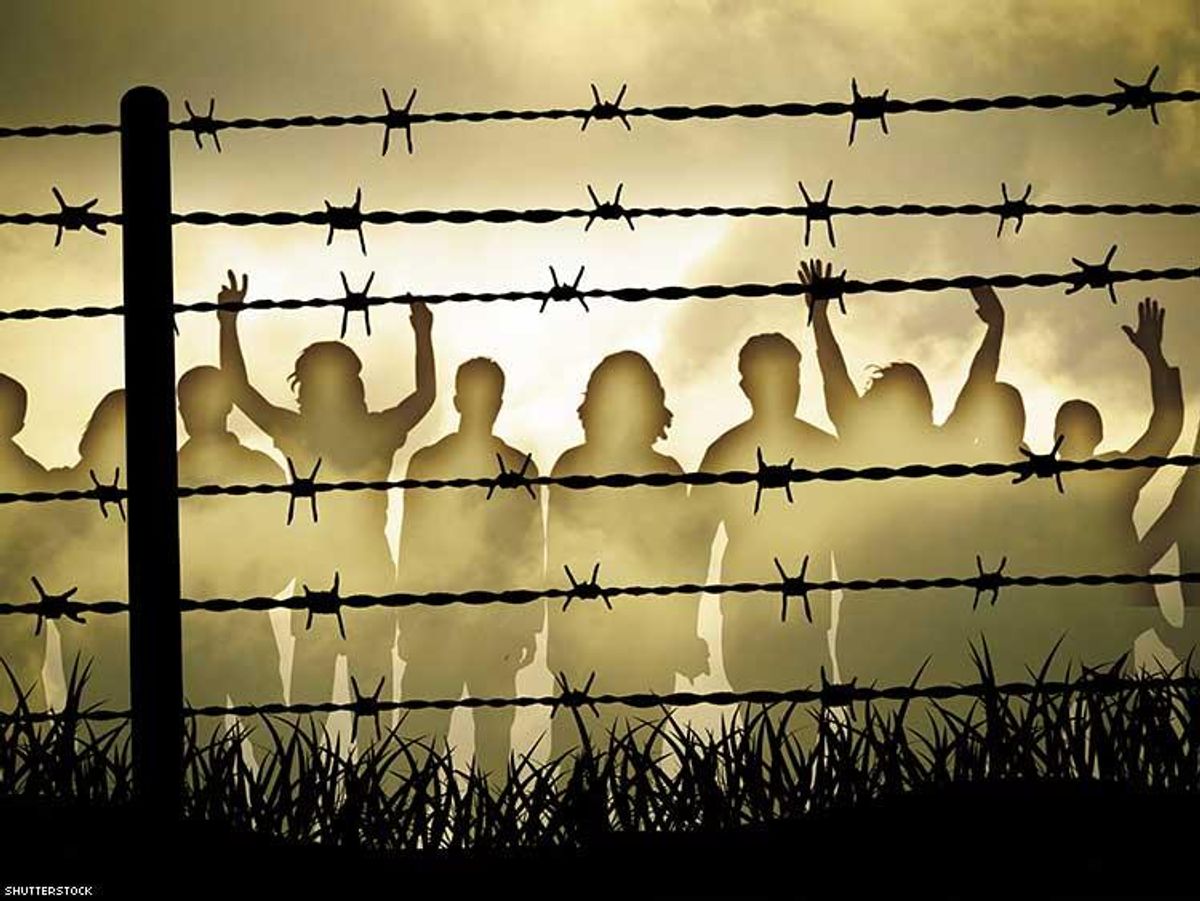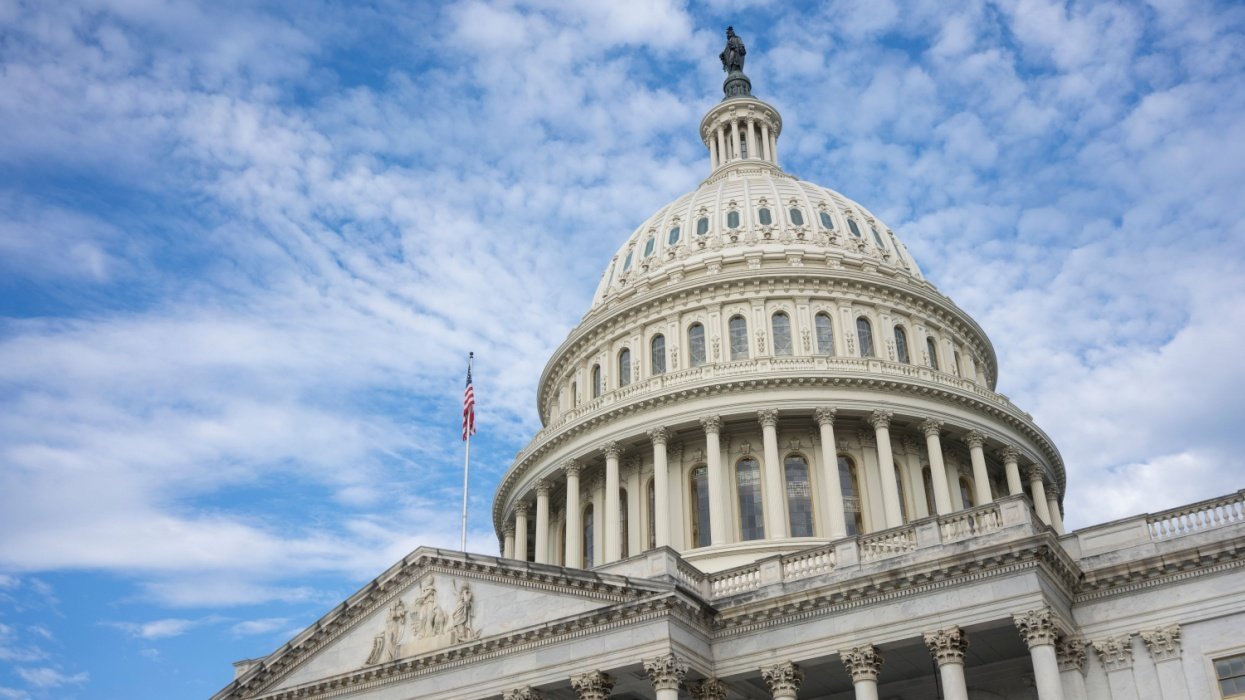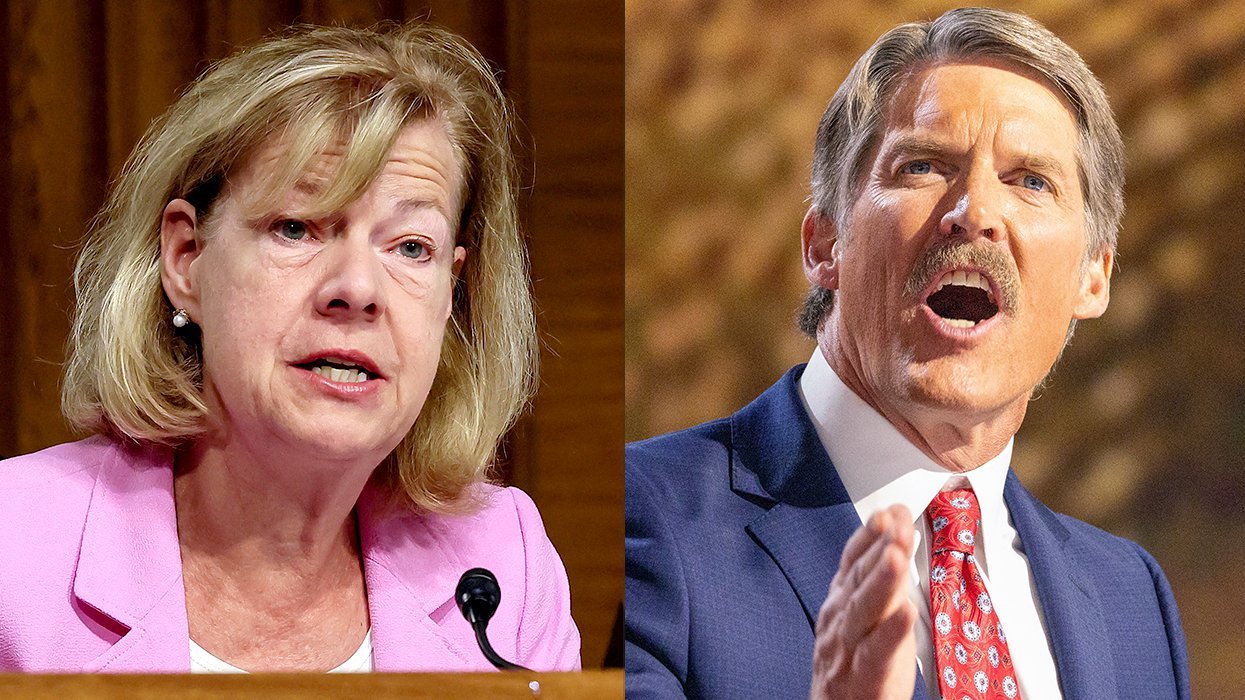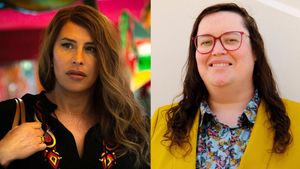All Rights reserved
By continuing to use our site, you agree to our Private Policy and Terms of Use.
Secret prisons. Torture. State-sanctioned murder. These chilling words conjure up the practices of some of the worst regimes in history.
And yet this is exactly what is happening in Chechnya right now to gay and bisexual men, and those rumored or perceived to be. They are being rounded up, locked in secret prisons, tortured, and even murdered by their own government.
Chechen leaders have attempted to refute these allegations, despite widespread credible reports of the atrocities. They are even denying the very existence of LGBTQ people in the Russian republic, saying that if such people existed, Chechen families would have taken matters into their own hands to eliminate them. Despite that, the leaders have reportedly set a target to eradicate all of these "nonexistent" people from Chechnya by the May 26 start of Ramadan.
Countries around the world have targeted LGBTQ people before, but we have rarely seen such an atrocious example of organized, far-reaching, and sustained state-sponsored violence against the LGBTQ community. These are not a handful of arrests designed to "send a message." This is a deliberate, government-backed effort to remove an entire population of vulnerable people from Chechnya.
This week, as we join the global LGBTQ community in marking the International Day Against Homophobia, Transphobia, and Biphobia, we must act with urgency, insisting that our nation's leaders commit to working to end the horrors in Chechnya. As Sara Bloomfield, director of the U.S. Holocaust Memorial Museum, recently said about the Chechen situation, "The Holocaust teaches us what can happen when state-sponsored, group-targeted violence is allowed to go unchecked."
From Nazi Germany, Soviet Russia, and Cambodia, to the Sudan, Afghanistan, Syria, and so many other places, we are overwhelmed with examples showing that our nation is less secure when others engage in serious human rights violations. The chaos that emerges under such regimes spills over borders, whether it's refugees fleeing violence or the proliferation of violent extremists whose activities flourish in such environments.
Yet under the Trump administration, international human rights are expected to take a backseat to other State Department efforts. U.S. Secretary of State Rex Tillerson is endorsing a plan to slash up to 37 percent from the U.S. State Department's budget and eliminate 2,300 jobs. Especially hard hit would be U.S. efforts to help make other nations and their people more secure -- which ultimately helps to make us safer here at home.
There are real-life consequences to this. Vulnerable people -- including LGBTQ people, refugees, religious minorities, and women -- suffer the consequences most when U.S. diplomacy is run like a transactional business devoid of compassion or a long-term vision.
U.S. Sen. John McCain wrote in The New York Times shortly after Tillerson indicated he was putting human rights diplomacy on the back burner, "Depriving the oppressed of a beacon of hope could lose us the world we have built and thrived in. It could cost our reputation in history as the nation distinct from all others in our achievements, our identity and our enduring influence on mankind. Our values are central to all three."
We must restore our position as a beacon of hope for the world's most vulnerable people. We must resume caring for the human rights of all people around the globe. While we cannot fix every problem in the world, we can at the very least keep our doors open to take in vulnerable refugees, including Chechen men who can never again feel safe enough to return home to their families.
So this week, as we celebrate the anniversary of the date in 1990 when the World Health Organization stopped considering gay people to be "diseased," we call on world leaders to do more -- not less -- to protect the human rights of all people around the world -- including in Syria, in the South Sudan, and in Chechnya. If we turn a blind eye when human rights are violated, we all the suffer consequences of living in a world of violence and instability.
TY COBB is the director of HRC Global.


















































































